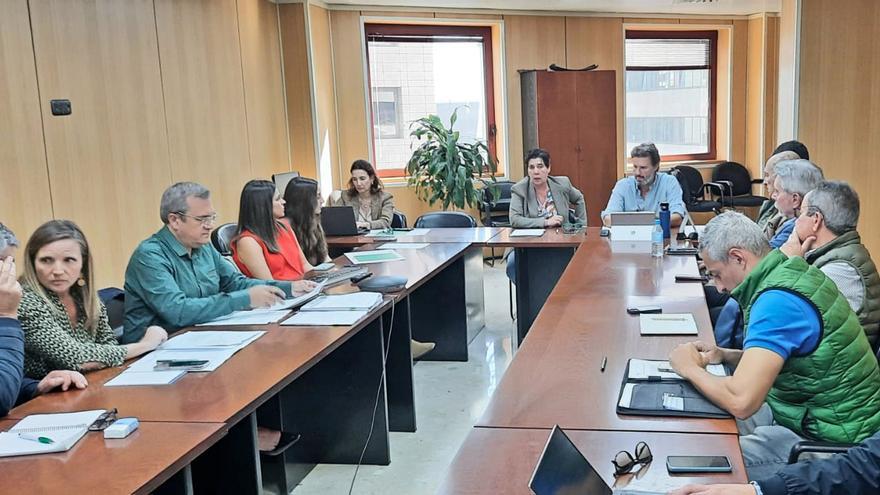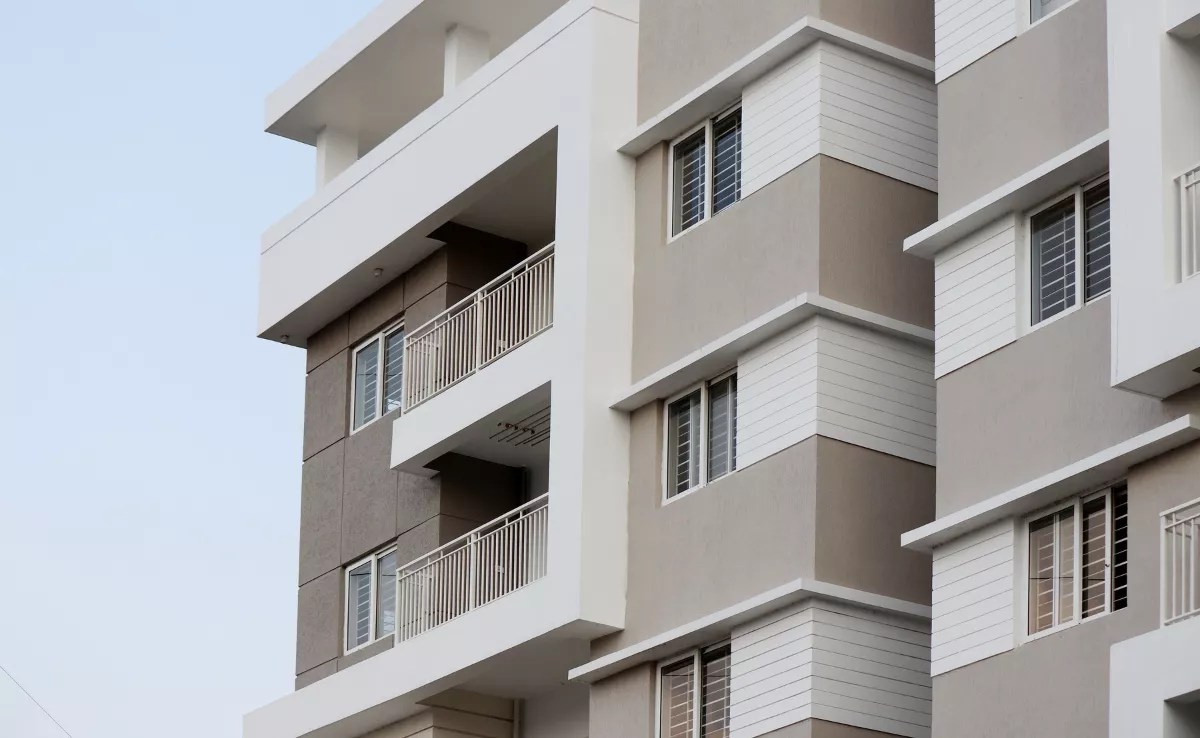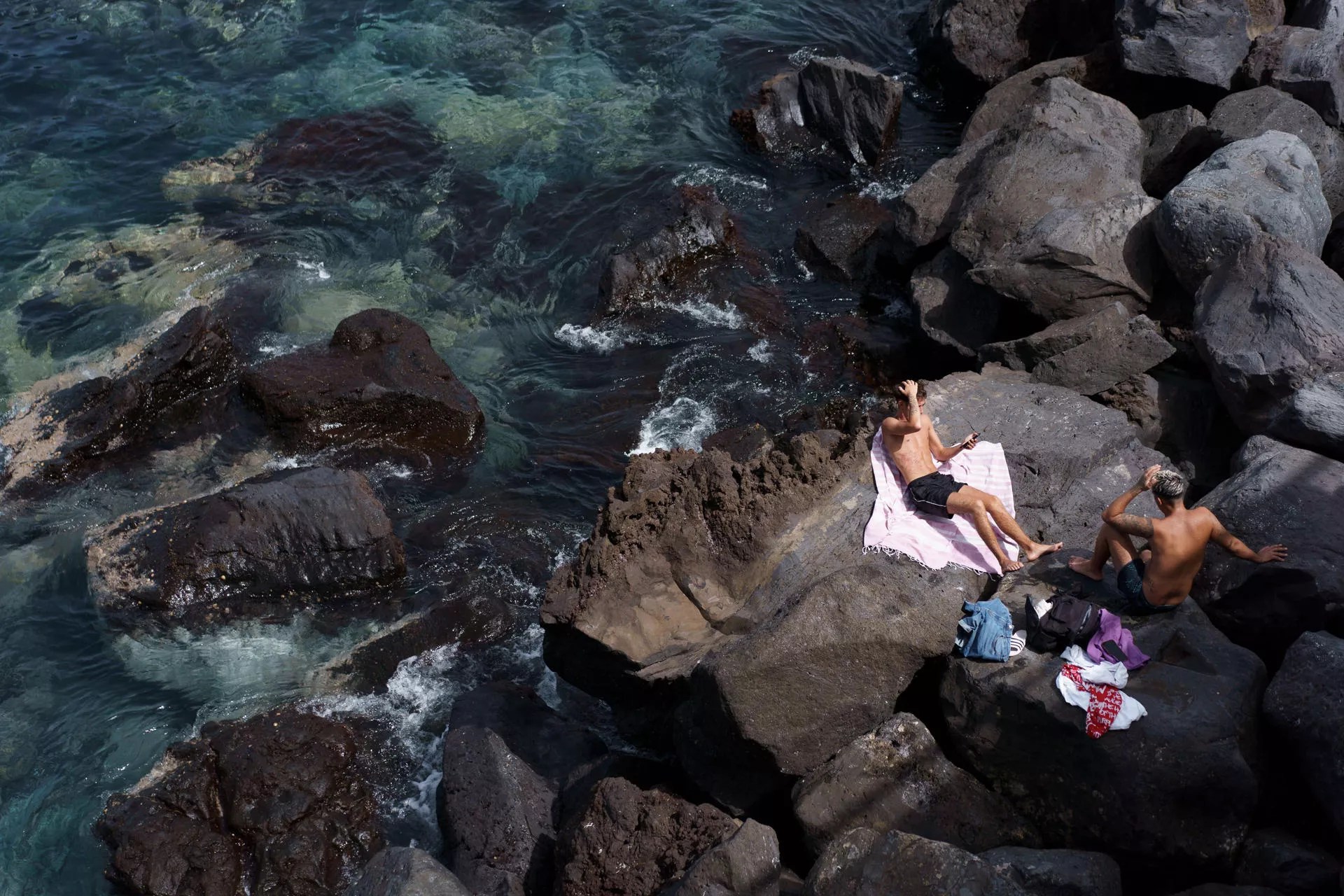
The announcement of the Water emergency on the island is set to be prolonged for an additional eight months “due to the lack of rainfall,” following a proposal from the Drought’s island table. This decision must be ratified on Thursday by the Insular Water Council of Tenerife (CIATF), which is examining the implementation of new strategies to address a situation “that has led to a reduction in aquifers.” This circumstance will extend until the end of October.
Meeting
The Drought table convened a meeting to evaluate the island’s condition ahead of the expiration of the declaration, which concludes next Friday, the 28th. The conclusive resolution will be made following the Assembly meeting of the CIATF. The water emergency was first declared on May 29, 2024, for a duration of six months and had a subsequent extension for an additional three months—until the end of February. This extension was contingent upon the potential arrival of substantial rainfall, which would facilitate an early termination of the declaration, although this situation has not materialised.
Insufficient
The Minister for Natural Environment, Sustainability, Safety and Emergencies, Blanca Pérez, commented: “Reports indicate that the rainfall has been inadequate, that aquifers are diminishing, and it is crucial to persist with the investments and measures proposed in May of the previous year.” Blanca Pérez highlighted that “the main body of the 75 initiatives outlined to ensure water supply and alleviate drought conditions will see approximately 50,000 cubic metres of water made available each day in the coming months.” This means, “we will effectively triple water production since the emergency was declared in May of last year.” However, Pérez explained, “the climatic conditions continue to be suboptimal following a prolonged drought, exacerbated by increased water and agricultural consumption, alongside the reduction of aquifers after years of dry conditions.”
Measures
The Aguas Insular Council is already exploring additional measures, beyond those outlined in the Water Emergency Declaration. Furthermore, she noted, “We will complete substantial infrastructure that will enable us to secure more water, but we must carry on with planning and investment to resolve this situation,” stated Blanca Pérez.
Contributions
In recent months, contributions to the water system have continued since the declaration, increasing from approximately 15,827 m³/day in November 2024 to 50,000 m³/day anticipated over the next few months. This has been largely made possible through contributions from the Marine Water Desalination Station (EDAM) located in the Industrial Polygon of Güímar (1,700 m³) and the EDAM of Funche (2,000 m³/day), along with the green well (180 m³/day).
Forecast
Additionally, during the meeting, the progress of the Metropolitan Edam—which will contribute 2,100 m³/day—and the expansion of Buenos Aires was discussed. These infrastructure projects are expected to be operational by April. Moreover, the enlargement of the EDAM in Adeje-Arona, which will facilitate 5,000 m³/day, is projected to be ready by May.
Subsidies
Among the actions taken by the Aguas Insular Council of Tenerife is the provision of subsidies to 12 municipalities with populations under 20,000 that directly manage their water services, amounting to €4,606,350 for initiatives aimed at minimising network losses; along with an additional subsidy of €5,847,700 supporting municipalities such as La Laguna, Tegueste, Candelaria, Arafo, Güímar, San Miguel, Guía de Isora, and Puerto de la Cruz to enhance housing connections to the sewage system. The Insular Water Council of Tenerife has also allocated funds for essential projects, including the establishment of a portable EDAM at the Mesa del Mar (Tacoronte) and another aimed at the San Miguel City Council to facilitate water flow from the high areas of the municipality.
Table
The drought table consists of representatives from municipalities, consortiums, public entities and management of public services, concession holders, agricultural groups, as well as business and union organisations, the Canary Islands government, and the Insular Cabildo of Tenerife. Additionally, a representative from the farming sector for each of the following hydraulic regions is included: Las Cañadas del Teide, Northwest, La Orotava Valley, Northeast, Anaga, Metropolitan Area, Güímar Valley, Southeast and Southwest; along with managers from the public company Balsas de Tenerife (Balten) and the Insular Water Council of Tenerife.















